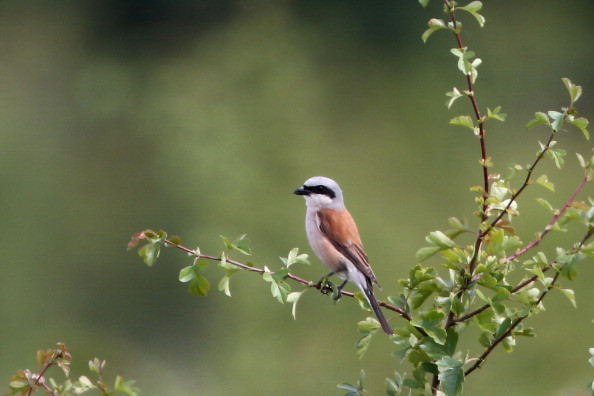Scientists discover white blood cell in birds that destroys fatal fungal infection

A specialised white blood cell found in birds can destroy an infection that claims hundreds of thousands of human deaths every year, scientists have claimed. Birds are believed to carry the cryptococcus neoformans fungus that can prove fatal for people with weakened immune systems, and particularly individuals with HIV.
Despite carrying the fungus, it had always remained a mystery why birds never fell ill. Research findings discovered by scientists from the University of Sheffield and the University of Birmingham have now revealed that a blood cell called macrophage – found in birds' blood systems – helps block the growth of the cryptococcus fungus.
"Birds have a higher body temperature than humans, but this alone is not enough to fully stop the fungus. By studying bird cells under the microscope, we have seen that macrophage cells have the ability to completely block the growth of the fungus, which can be fatal in humans," said research leader Dr Simon Johnston.
"If we can learn how some animals are able to resist infection we might be able to gain insights into how we can improve the human immune response to this fungus...Many human diseases are spread by birds, but we know surprisingly little about their immune systems. Discovering how they resist otherwise fatal infections offers the hope of improving our ability to intervene in this cycle and prevent a diverse range of human diseases," Johnston said.
The research findings have been published in the journal Nature Scientific Reports and are reportedly part of a global effort to fight the cryptococcosis fungus. "We are now working with leading scientists from all over the world to try and understand where this pathogen came from, how our bodies fight it and what we can do to help our own immune system defend us from this fungus and other related infections," said Johnston added.
More about Fatal Infections
© Copyright IBTimes 2025. All rights reserved.






















